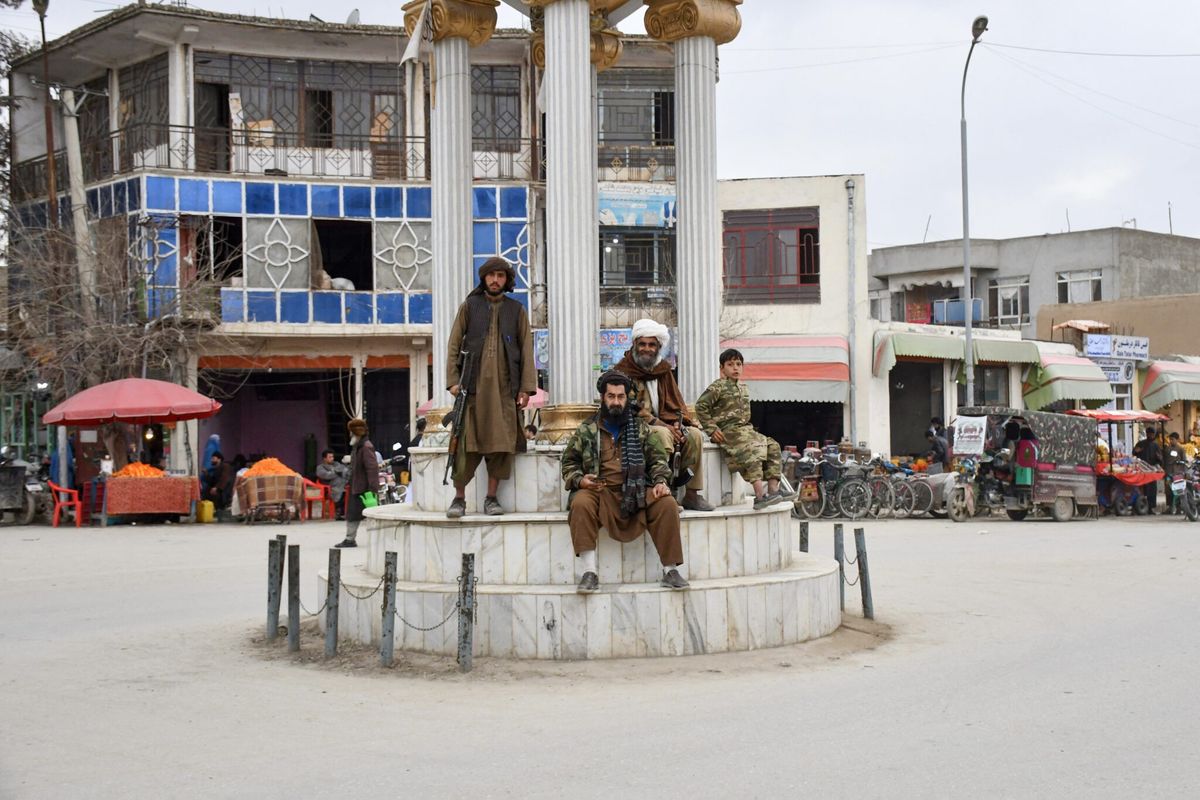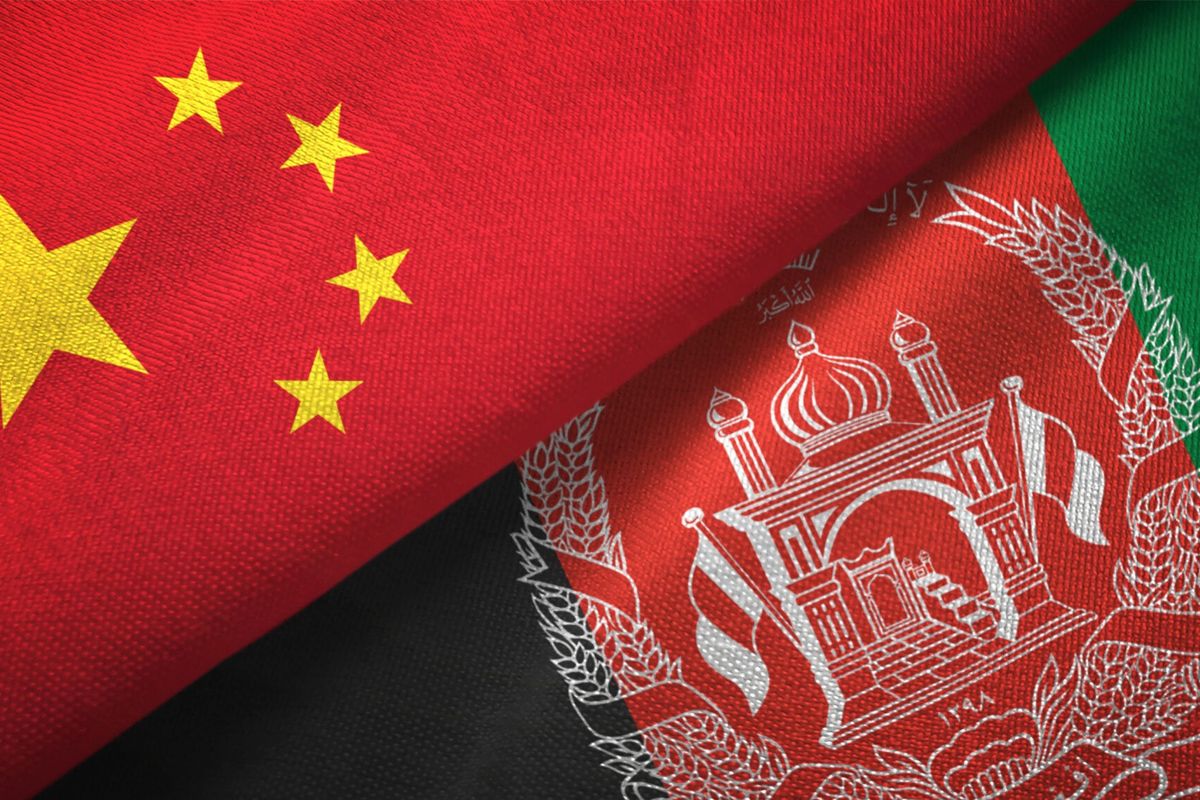President Donald Trump said Monday night in his speech on Afghanistan, “We are not nation-building again. We are killing terrorists.”
Does Trump actually know what is meant by nation-building?
Didn’t Trump’s claimed study of “Afghanistan in great detail and from every conceivable angle” teach him that in addition to military gains, the Kabul government needs what is called nation-building to help end corruption, encourage economic growth, construct infrastructure, and help deliver services to the public?
Does he know that 60 percent of the Afghan government budget depends on outside country donations, much of it for nation-building, and that slowdown in its own internal economic growth may increase next year’s financial gap?
While he reviewed American military planning, did Trump review the U.S. economic assistance programs – Washington’s nation-building efforts?
Some $652 million of fiscal 2017 U.S. Agency for International Development (USAID) funds were planned for Afghanistan, with the bulk, $458 million, to go for Good Governance projects, and $127 million for Rule of Law and Human Rights.
Afghanistan has the largest USAID mission along with what the agency last month described as “a multi-billion-dollar portfolio, [that] includes a broad range of activities including democracy, governance, agriculture, economic growth, education, government-capacity building, health, infrastructure, and women’s empowerment.”
USAID/Afghanistan as of last month was managing $2.2 billion worth of projects, with over 34 active awards and 25 planned awards, just in its Office of Economic Growth and Office of Infrastructure.
Of Afghanistan’s 31 million people, 75 percent living in rural areas depend on agriculture for their living, so agriculture, transport, and construction have been major drivers of the country’s economy.
Central to USAID’s projects have been agriculture development projects, since they help increase employment where 48 percent of Afghans are considered under-employed, according to a USAID report.
Trump on Monday said, “America will continue its support for the Afghan government,” but “the American people expect to see real reforms, real progress, and real results.”
Was he just talking about the military or doesn’t he realize “real reforms, real progress, and real results” must also depend on the Kabul government delivering on projects that fall under the nation-building category if the Taliban challenge is to met.
As John F. Sopko, the Special Inspector General for Afghanistan Reconstruction (SIGAR), said in his most recent quarterly report, “The fighting continues, as does a reconstruction effort that has so far absorbed more than $117 billion in congressional appropriations. Both the security and civil aspects of reconstruction—ranging from developing Afghan security forces and advising ministry staff, to building clinics and electrifying towns—have yielded mixed results.”
“Public health has improved,” he said, “school construction and student enrollments have expanded. Women’s status is slowly improving. President Ashraf Ghani and Chief Executive Abdullah Abdullah both have personal involvement in attacking corruption…These are no small achievements.”
But Sopko said, “Serious problems persist…Corruption reaches into every aspect of national life. The rule of law has limited reach. Multiple obstacles deter investors and complicate business operations. The ranks of the jobless grow as the economy stagnates.”
The Obama administration committed the U.S. to four more years of continued nation-building assistance to Afghanistan, as did other donor countries. Despite Trump’s past statements that he would end nation-building, USAID has continued to award contracts and hire contractors this year for what are in effect nation-building efforts.
On August 14, USAID advertised for a contractor who would carry out what was described as the Afghanistan Monitoring, Evaluation, and Learning Activity (AMELA). The contract winner would ensure “USAID’s development programs in Afghanistan achieve their intended results through strong performance management service provision, in an efficient and cost-effective manner.”
While Trump refused to say how long the U.S. would be involved in Afghanistan, the contract would run for two years with an option for three more years.
Prospective bidders are warned, “The drawdown of international forces, deteriorating security situation, and centralization of USG [U.S. Government] civilian staff in Kabul has limited USAID’s ability to directly monitor its activities, particularly outside of Kabul. As such, USAID relies on the use of local third party monitors to visit activity sites and provide monitoring and verification reports.”
Cut USAID funds and chances are the ability to monitor nation-building efforts will decline and chances for failure increase.
Also being advertised is someone to serve as an “Elections Senior Advisor,” who would serve in Kabul and lead of team of “three U.S., international, and Afghan elections experts in the design and management of elections assistance programming for Afghanistan.”
It’s a question about how all this fits into Trump’s Monday statement that, “We will no longer use American military might to construct democracies in faraway lands or try to rebuild other countries in our own image. Those days are now over.”
It’s clear, however, that the U.S. has major, ongoing, multi-billion-dollar, nation-building activities in Afghanistan underway. If done right, they could be equally important for the country’s future as any military successes achieved with American military support.
Hopefully, these USAID programs, which are run through existing Afghan national and local agencies, assist but do not “dictate to the Afghan people how to live or how to govern their own complex society,” as Trump put it.
“My original instinct was to pull out,” Trump said Monday, referring to the time when he first faced the U.S. military plan for more troops for Afghanistan. He added, “and historically, I like following my instincts.”
He changed his mind about that. He may have to change his mind about nation-building.











